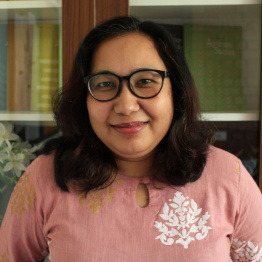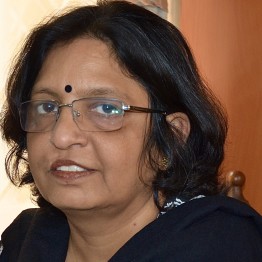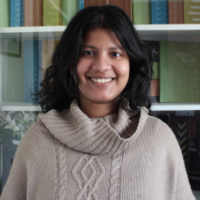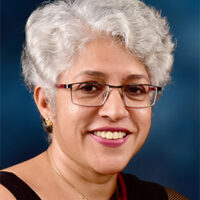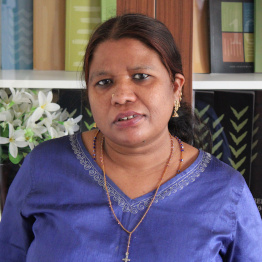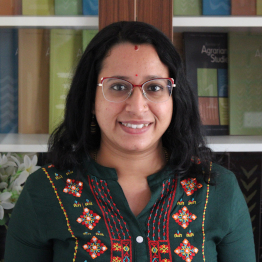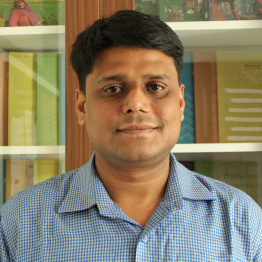Women’s Work in Rural Economies
The research project titled “Women’s Work in Rural Economies” was initiated by the Foundation in 2018-19. The main objective of the project was to document, describe, and analyse the myriad activities, economic as well as “non-economic,” in which women in rural India are engaged, and the relationships into which they enter as part of the process of production.
In addition, it also studied the issues of socio-economic stratification among working women in rural India.
The project had direct relevance to the objectives of United Nations Sustainable Development Goal (SDG) 5 on gender equality, along with gender aspects of SDG 1 (ending poverty), 2 (sustainable agriculture), and 8 (decent work).

As part of the project, different secondary and primary sources of data were examined in order to understand women’s work in different agricultural and non-agricultural occupations. The Foundation had also conducted a series of time-use surveys of women in two villages of Karnataka — Siresandra Village, Kolar District, and Alabujanahalli Village, Maddur taluk, Mandya district. These surveys use the tool of a daily diary to record activities over a 24 hour period for 7 days continuously over at least two seasons. This is a rather unique study as most time use surveys cover only one day. All activities including unpaid care work were captured, and these data provided important insights in to the nature of women’s work in Rural India.
As part of the project, an International Conference was held at Vayalar, Kerala from November 30 to December 2, 2018. Besides the inaugural session on the evening of November 30 and the closing session on December 2 afternoon, there were ten technical sessions in which a total of 36 presentations were made. Most presentations were of 20 minutes’ duration. A good mix of senior scholars and activists as well as younger scholars participated in the Conference. The total number of participants was about 90, of which about 60 percent were women. The conference had around 10–15 per cent international participants relating experiences of women’s work in rural production from various other developing economies.
The themes discussed at the Conference included conceptual and measurement issues related to women’s work, historical perspectives on women’s work, women in the plantation economy, changes in the nature and quantum of women’s work in agriculture and allied activities, the pluriactivity of rural working women, and rural women and migration. A detailed report of the Conference can be found here.
An edited volume drawing mainly from the Conference proceedings, titled Women and Work in Rural India, is now published. This is the sixth in the Agrarian Studies Series published by the Foundation.
The following work was also published based on the presentations at the Conference:
- Sankrityayana, Jeta (2018), “Restructuring the Economy of Women’s Work on the Assam-Dooars Tea Plantations,” Review of Agrarian Studies Vol 8 No. 2. view article
- Usami, Yoshifumi, Patra, Subhajit, and Kapoor, Abhinav (2018), “Measuring Female Work Participation in Rural India: What Do the Primary and Secondary Data Show?” Review of Agrarian Studies Vol 8 No. 2. view article
- Kashio, Tamaki (2019), “Farm Mechanisation and its Impact on Women’s Labour: The Case of Shiga Prefecture, Japan,” Review of Agrarian Studies Vol 9 No. 1 view article


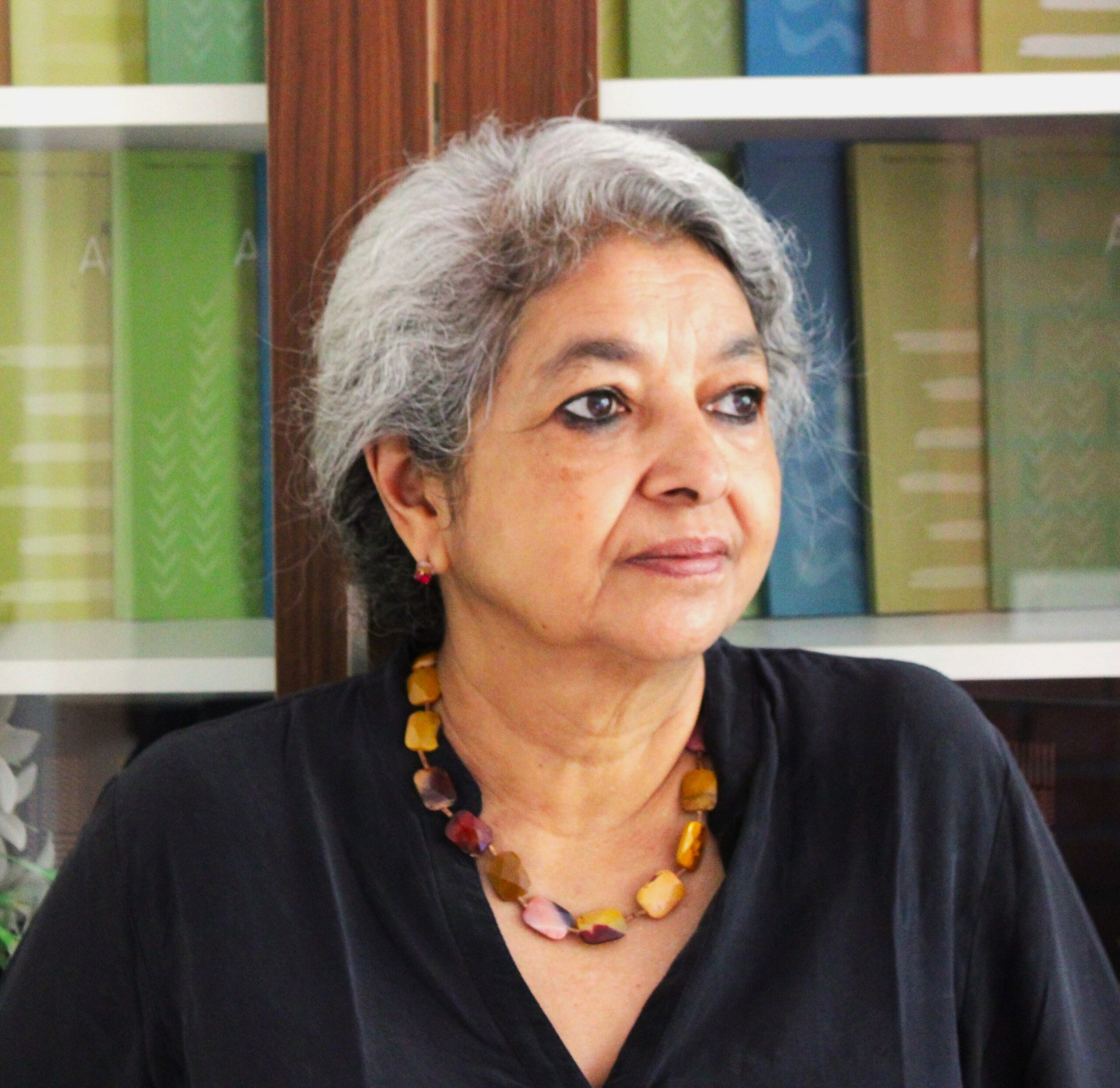












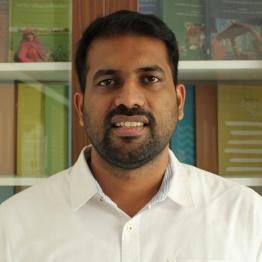


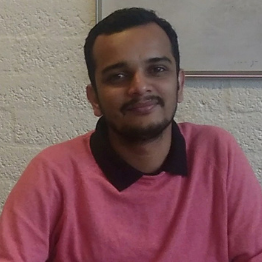





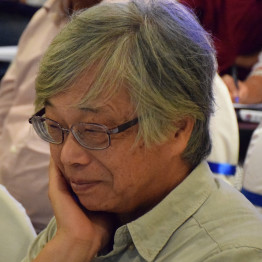
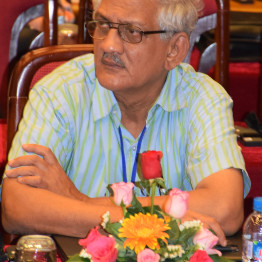
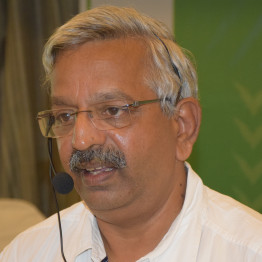

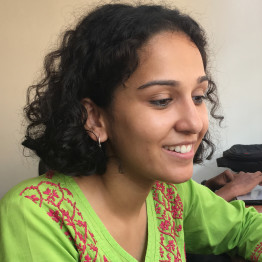


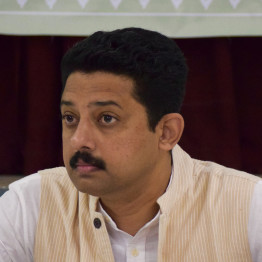


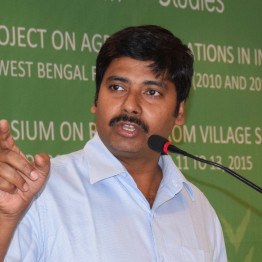

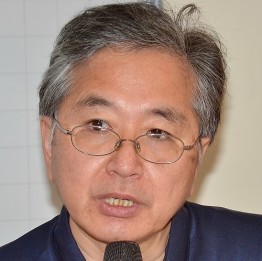

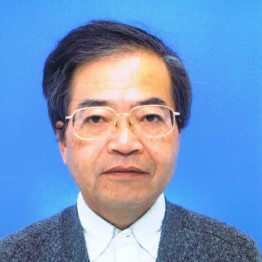
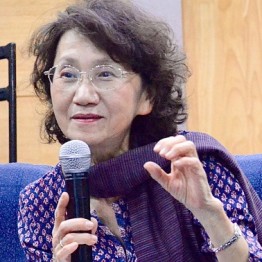




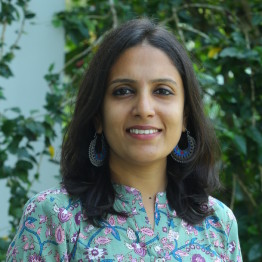
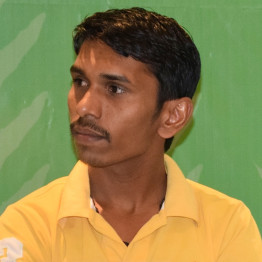
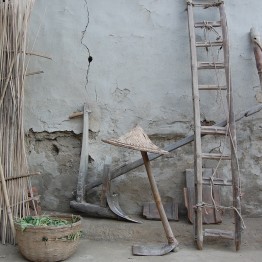

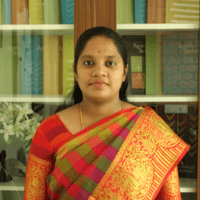 Sudha is an Administrative Assistant of the Foundation. She assists the administrative division of the Foundation and also has taken part in fieldwork organised by the Foundation.
Sudha is an Administrative Assistant of the Foundation. She assists the administrative division of the Foundation and also has taken part in fieldwork organised by the Foundation.






